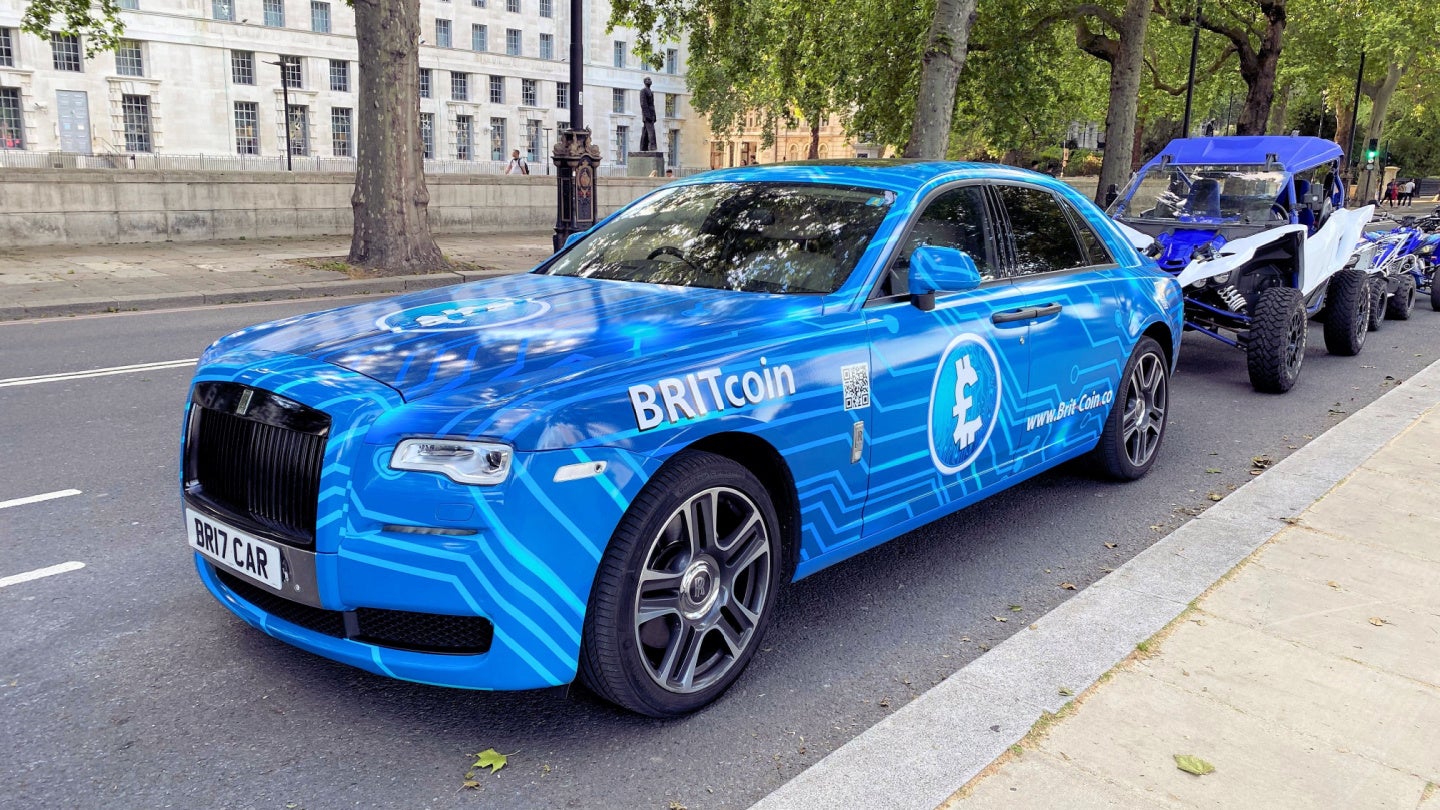The Bank of England and the UK Treasury have been researching their own central bank digital currency (CBDC), named ‘Britcoin’, for several years.
They are now reportedly beefing up the team in charge of developing Britcoin and think it is likely to be needed before the end of the decade. The problem is that the broader financial regulatory community is starting to realize that (CBDCs) do not actually offer any improvement over current payment systems.
Solution without a problem
The House of Lords Economic Affairs Committee said in its 2022 report ‘Central bank digital currencies: a solution in search of a problem?’, that “there is no convincing case for why the UK needs a central bank digital currency.”
The US Federal Reserve, the central bank for the world’s largest economy, could not be less interested in CBDCs despite having a relatively inefficient payments system. It has instead focused on upgrading to a new payments system, FedNow, which has nothing to do with cryptocurrencies.
Other central banks like the Bank of Japan and Bank of Canada have dismissed CBDCs as not solving any problems. Initial CBDC experiments such as Nigeria’s e-Naira and the Bahamas’ Sand Dollar have flopped.
What benefit to Britcoin?
One of the initial touted benefits of CBDCs was international payments. International payments depend on cross-border banking networks, which have become less efficient since the 2008 financial crisis and regulations that followed. But the BoE is not suggesting a cross-border CBDC, it is suggesting a retail CBDC for use by UK households and businesses.
How well do you really know your competitors?
Access the most comprehensive Company Profiles on the market, powered by GlobalData. Save hours of research. Gain competitive edge.

Thank you!
Your download email will arrive shortly
Not ready to buy yet? Download a free sample
We are confident about the unique quality of our Company Profiles. However, we want you to make the most beneficial decision for your business, so we offer a free sample that you can download by submitting the below form
By GlobalDataThe BoE recently insisted that Britcoin “could provide a platform for private sector innovation, promoting further choice, competition, efficiency and innovation in payments”. It is strong ‘could’.
The UK already has an efficient payments system, both at the retail and wholesale (between large financial institutions) levels. Domestic payments are virtually instant. The only thing keeping Britcoin alive is policymakers who have become too invested in it to turn back.
Cryptocurrency prices have rebounded somewhat from the crypto winter that engulfed them late last year. While they may have recovered, what has become clear is that private-sector digital currencies are not going to come close to replacing traditional state-issued currencies like pounds, euros, and dollars.








